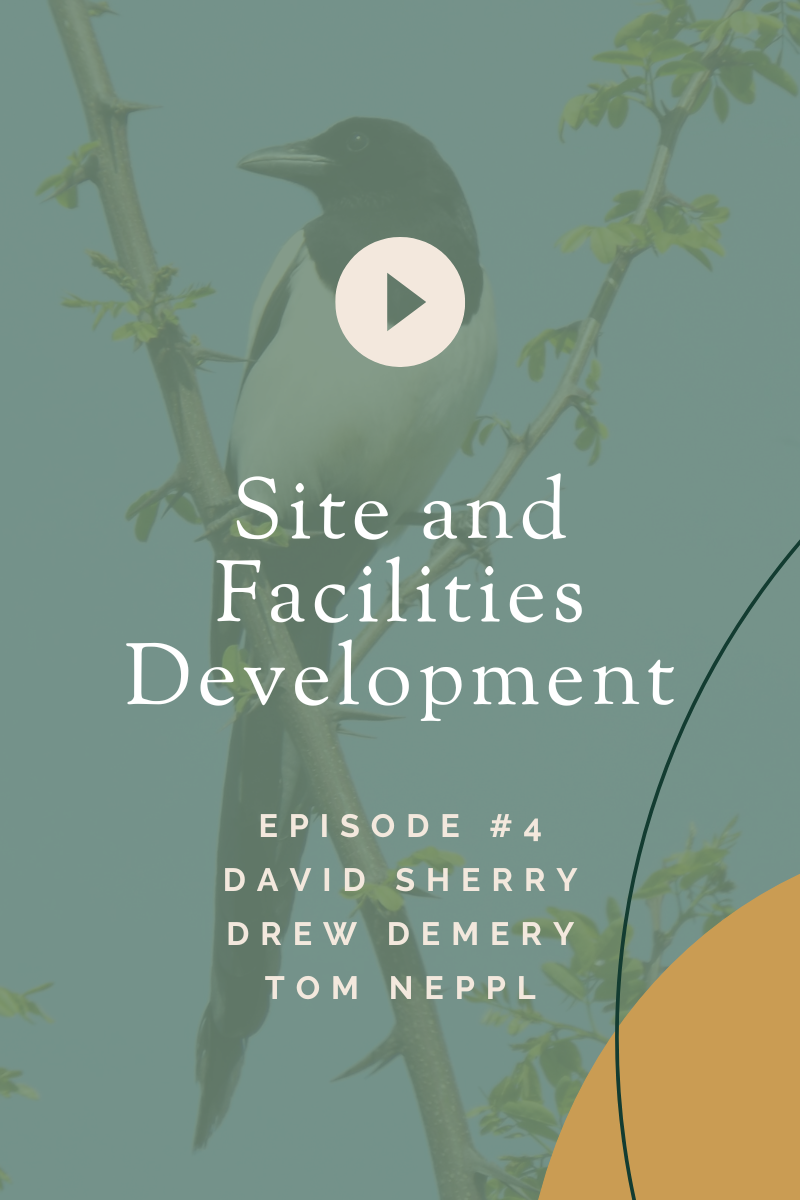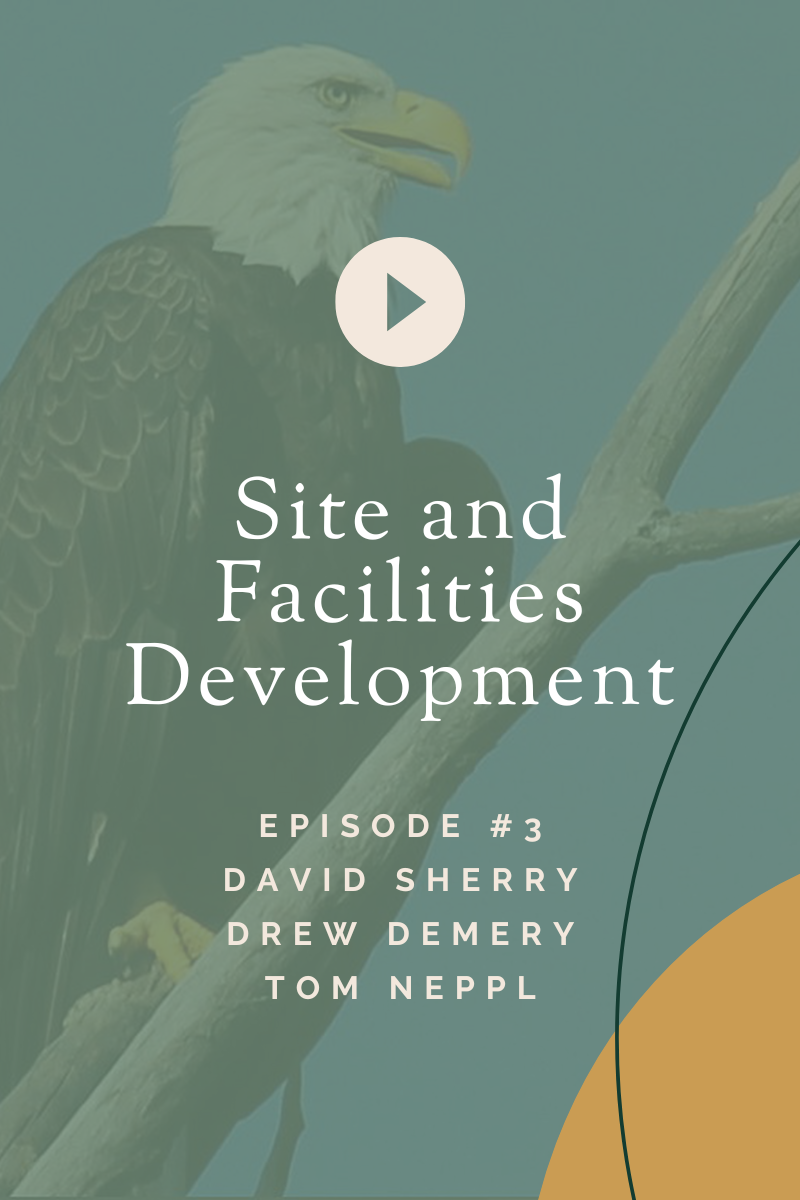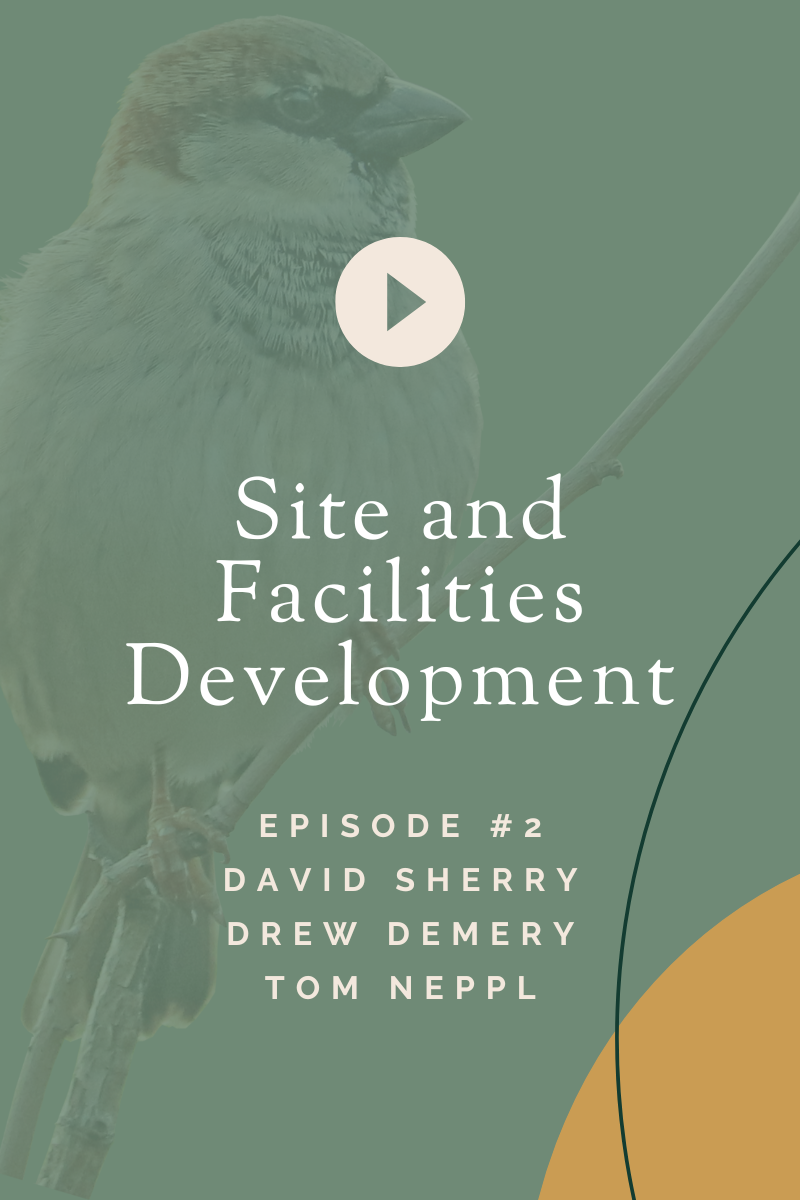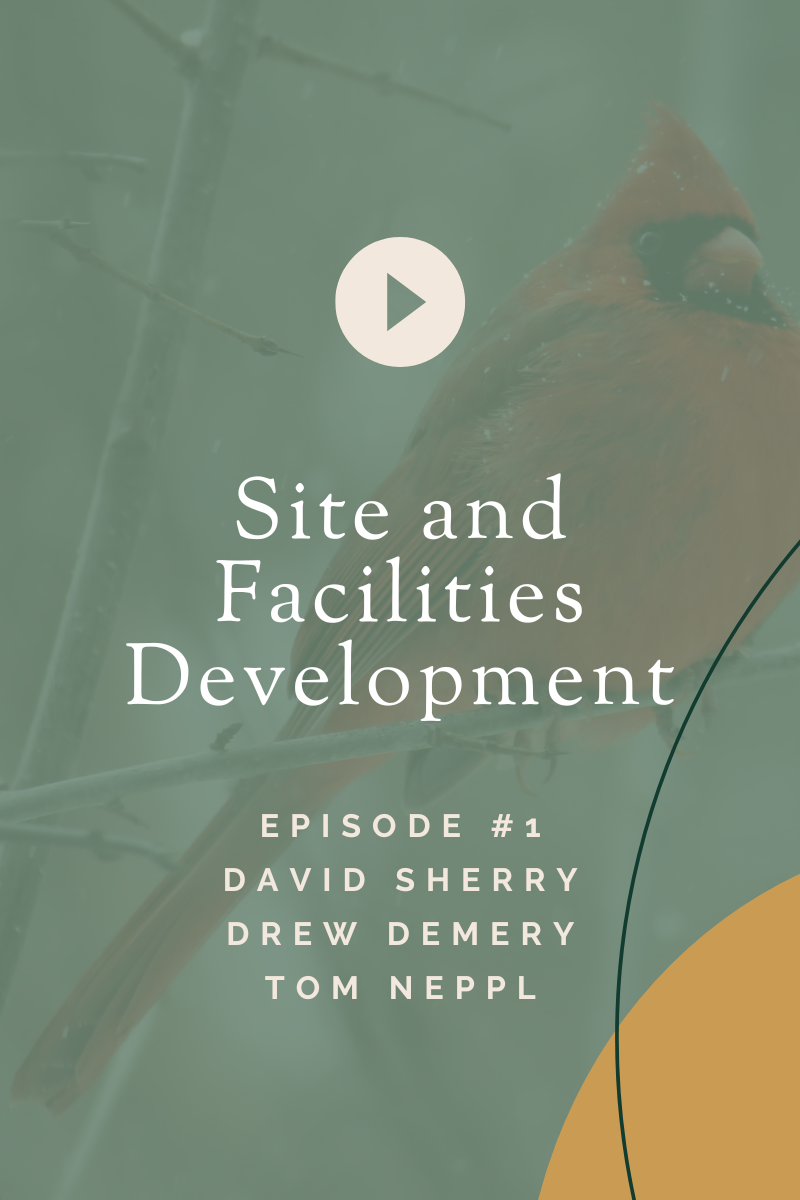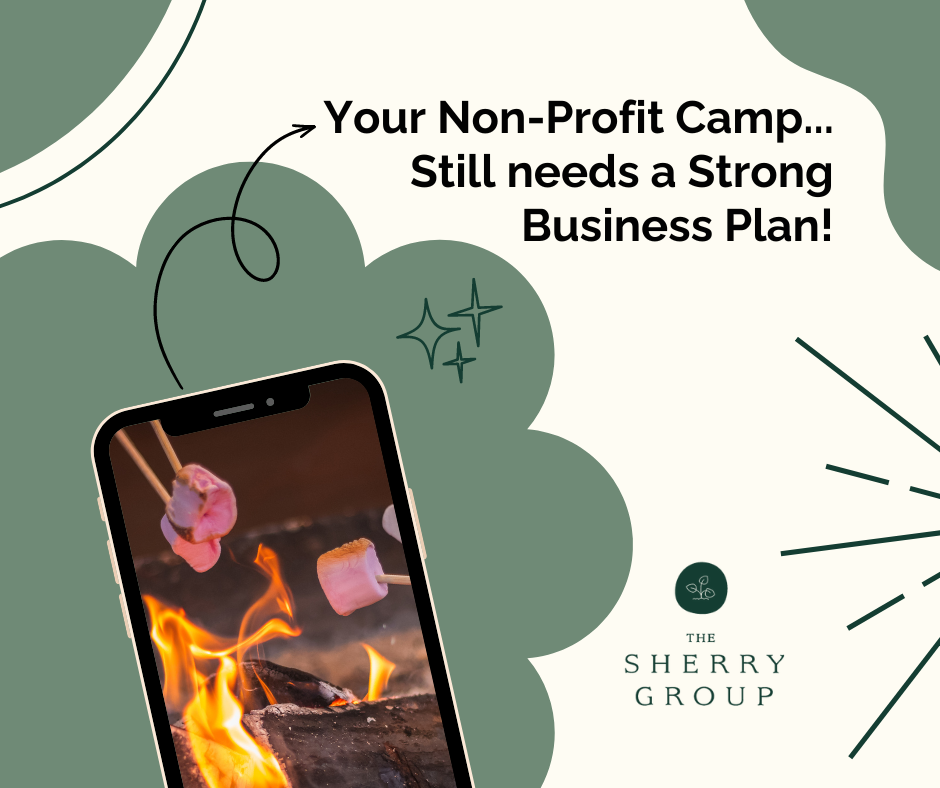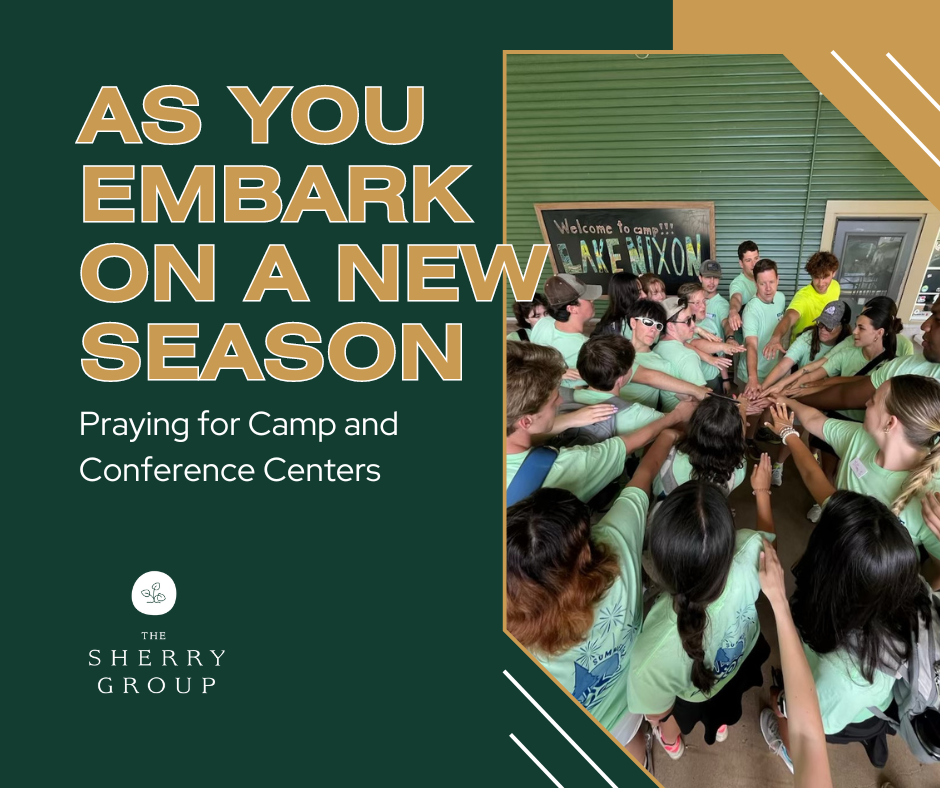Summer camp fundraising can be a scary word for both the person asking and the person being asked.
It can come off as transactional. I need money, you have money - can I please have it? Fundraising is however, a reality of the nonprofit camping world. So how do we get past the fear? How do we make it less transactional?
Easy. Stop making it about the money and stop focusing on the need. What?! How can we raise funds without making it about money and need?
It’s simple. You already know how to do it. Focus on building relationships first and on what’s best for the donor. As a camping professional you know how to build positive relationships. You know how to care for others.
Stop thinking of fundraising as an uncomfortable conversation and instead start thinking about creating a culture of philanthropy centered around building positive relationships. When we move to friends talking with friends, we can have a different level of conversation.
If the first conversation you are having with a potential donor is to ask them for money, you have missed the mark. You may still get the gift, but it will likely be more uncomfortable for everyone involved. Donor cultivation needs to be intentional. You need to develop a plan that includes getting to know the donor, learning what their interests are and developing a trust between them and your organization. This happens over time and should not be rushed.
Taking time to develop the relationship will help you understand what interests your donor has so you can best match a project with what they are most excited to be a part of. It also allows them the time to learn more about your camp and see your mission in action, which leads to the donor having a better understanding of your camp’s needs and how their gift may be utilized.
Relationships can certainly be built in several ways, but most camps will want to focus on two basic starting points. Both begin with identifying potential donors.
- Once a potential donor is identified, a camp can either make the introduction themselves with an invite to camp for a tour, or asking for a lunch or simply asking if it would be ok to stop by their office for a short introduction.
- The other way is to identify existing relationships you have in your camp community that are already friends with this particular potential donor. Having a friend make the introduction and bring them out to camp or set up an introduction together is more comfortable for everyone and will typically be better received.
The first meeting should be short and easy. Don’t only talk about camp. Focus instead on getting to know them as a person. Learn what some of their interests are. Do they have family? Find common ground to discuss. Show that you are interested in them as a person, not just as a potential monetary gift.
Follow the introduction with a quick note to thank them for their time.
Donors become major donors when their interests and passions cross with a need. Trusting the organization and the people involved in that organization helps a donor feel more comfortable with the decision to make a gift. This often means taking the time to grab a burger together, share some stories, allow yourself to be vulnerable and real and perhaps most importantly, be genuine. In short, we need to invest in people.
Donor cultivation plans take time and need to be intentional and relationship centered.. We will look into developing a donor cultivation plan in more detail in our next article. Meanwhile, identify a handful of people you would like to get to know better that may support your organization. If you don’t know them, find a friend who does.
IN SHORT, WE NEED TO INVEST IN PEOPLE
Donors become major donors when their interests and passions cross with a need.
Trusting the organization and the people involved in that organization helps a donor feel more comfortable with the decision to make a gift. This often means taking the time to grab a burger together, share some stories, allow yourself to be vulnerable and real and perhaps most importantly, be genuine.
Donor cultivation plans take time and need to be intentional and relationship centered.. We will look into developing a donor cultivation plan in more detail in our next article.
Meanwhile, identify a handful of people you would like to get to know better that may support your organization. If you don’t know them, find a friend who does.
